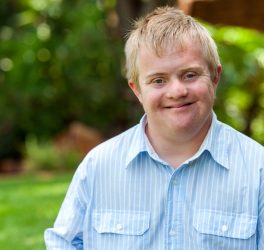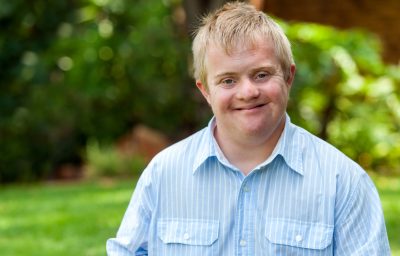
The University of Adelaide has found further evidence that rare gene mutations can cause cerebral palsy, findings which could lead to earlier diagnosis and new treatments for this movement disability.
In the study published in the journal Nature Genetics researchers employed gene sequencing to examine the DNA of 250 cerebral palsy families, and compared this to a control group of almost 1800 unaffected families. They then demonstrated the impact rare gene mutations can have on movement control using a fruit fly model.
The findings have important clinical implications. They will provide some answers to parents, as well as guide healthcare and family planning such as counselling for recurrence risk – often quoted as around 1 per cent but could be as high as 10 per cent when factoring in genetic risks.
Co-author of the research, Emeritus Professor Alastair MacLennan, AO, at the University of Adelaide, says the new study confirms the pioneering work of the Australian Collaborative Cerebral Palsy Research Group based at the Robinson Research Institute at the University of Adelaide.
“Cerebral palsy is a non-progressive developmental movement disorder impacting motor function, which affects approximately one in every 700 births in Australia and a similar number worldwide. Symptoms range from mild to severe and can include intellectual disability,” Emeritus Professor MacLennan said.
“Historically, cerebral palsy was considered largely the result of perinatal asphyxia – decreased oxygen to the baby’s brain at birth, however this has only been in found in 8-10 per cent of cases.
“Eliminating other known causes, including premature birth and trauma at birth, this leaves a large number of cases – as many as 40 per cent in some studies – with an unknown origin.”
Other benefits of the study include a potential reduction in litigation, and evidence for further research to identify other damaging genetic variants in human DNA.
The Australian Collaborative Cerebral Palsy Research Group at the University of Adelaide’s Robinson Research Institute studies the causes of cerebral palsy, with particular focus on genetic pathways. The group has been a leader in its field for more than 20 years.








